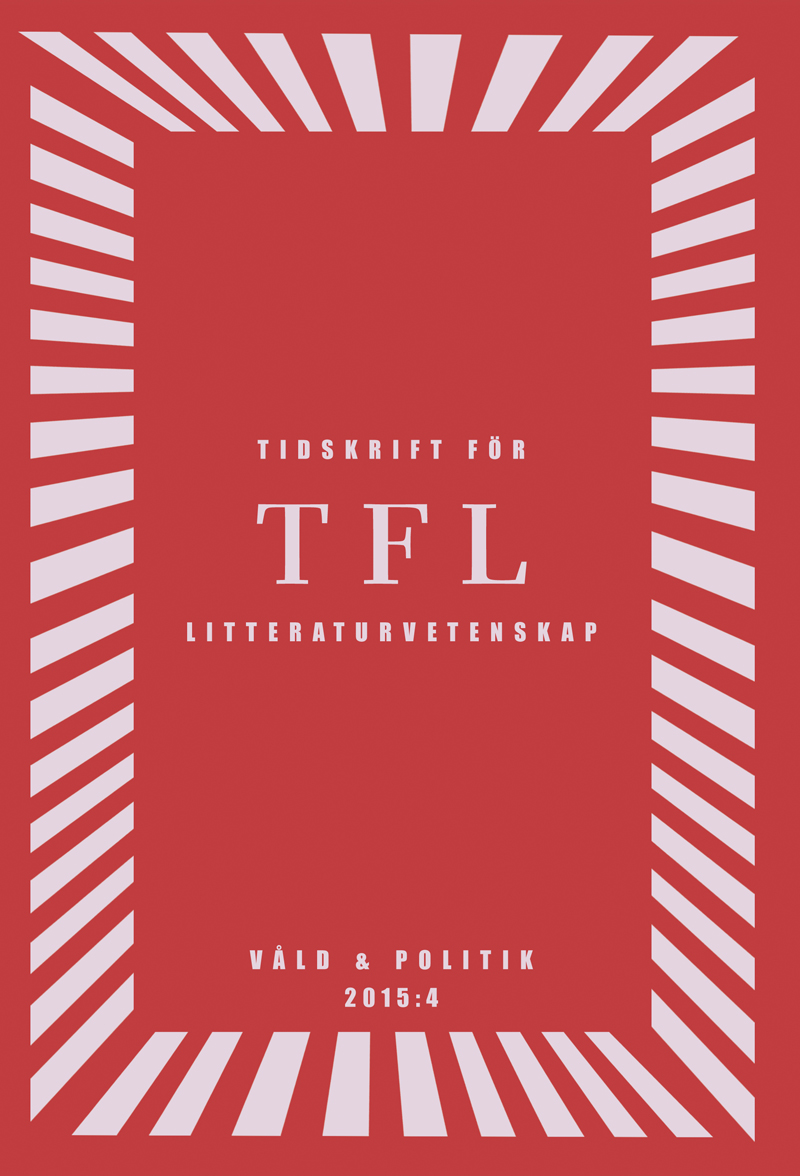Poetisk invention eller politisk intention?
Magnus Rönnows dikt Hercules Genuinus Carolus Duodecimus Magnae Scandinaviae Imperator (1706/7) som causa belli
DOI:
https://doi.org/10.54797/tfl.v45i4.8929Nyckelord:
occasional poetry, epigram, Neo-Latin, the Hercules topos, the reception of antiquity in early modern literature, casus belli, inventio, argutia, lapidary style, poetic freedomAbstract
Poetic Invention or Political Intention: Magnus Rönnow’s poem, Hercules Genuinus Carolus Duodecimus Magnae Scandinaviae Imperator (1706/7?) as causa belli.
The article analyzes an early eighteenth-century occasional poem, named as one of the causae belli in Denmark’s declaration of war against Sweden in 1709. Written by the Swedish Neo-Latin poet Magnus Rönnow, Hercules Genuinus Carolus Duodecimus Magnae Scandinaviae Imperator (“The Real Hercules, Charles XII, Emperor of Great Scandinavia”) incited a strong reaction from Danish authorities, who viewed the title’s implication that the Swedish king should be regarded as the Emperor of the whole of Scandinavia as both arrogant and provocative. Sweden reacted with a swift and lengthy counter and considered Denmark’s declaration of war, and in particular its accusations with respect to Rönnow’s poem, as ridiculous and groundless. The author of this counter-document, the State Secretary Samuel Bark, stressed the importance of poetic freedom and offered a thorough description of the panegyric genre.
The historical reception of this poem raises several significant issues regarding contemporary conventions of poetry writing, and the relevance of poetry in early modern society. This article explores the Hercules Genuinus’ socio-political and socio-cultural background and studies its genre-related features. Upon closer analysis, the poem is revealed as a typical early modern epigram, through which the poet achieves multiple ends: advancing himself as what was then understood as a true Humanist poet, delivering his political agenda, and conveying a moral lesson. Rönnow compares his ruler to the ancient hero Hercules, thus employing an important programmatic theme and placing himself in an established literary tradition. His mastery of the inventio technique renders the Hercules Genuinus a witty and learned piece of poetry.
Nedladdningar
Downloads
Publicerad
Referera så här
Nummer
Sektion
Licens
Författaren/författarna behåller copyright till verket






